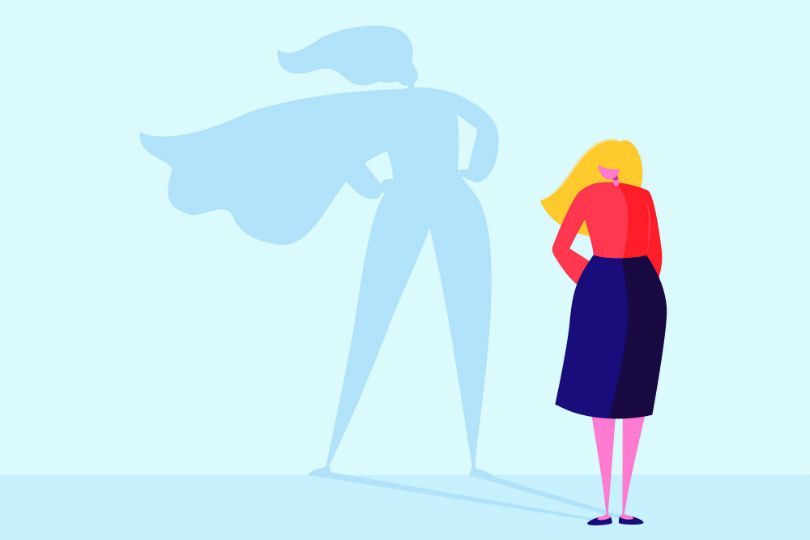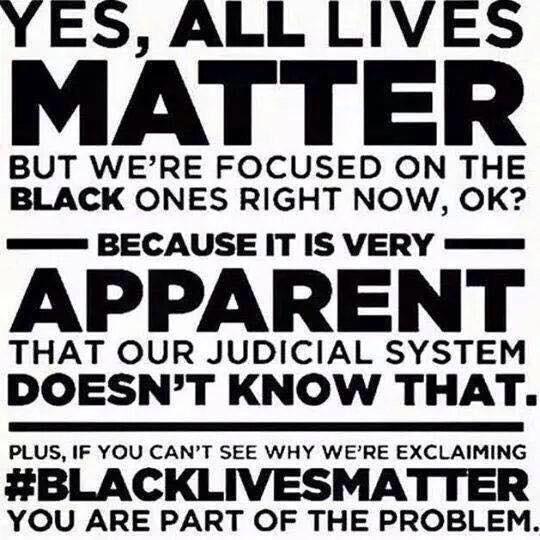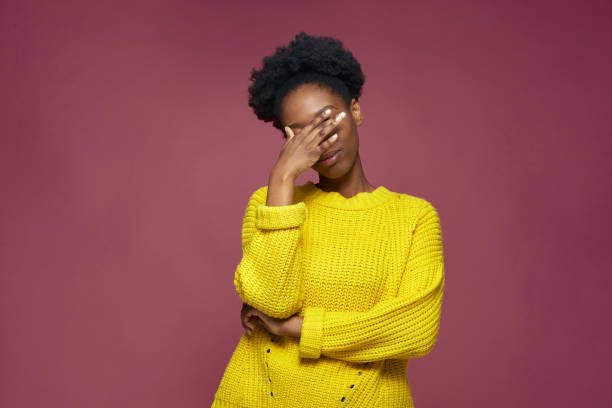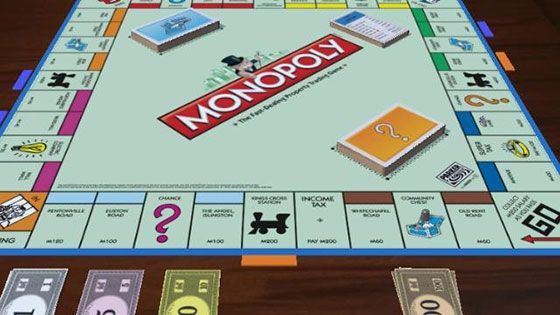#BlackLivesMatter… Only When Police Shoot Us?

Since the beginning of the #BlackLivesMatter movement, I have heard on numerous occasions, from various people — Black and White — on the assumed disconnect between the social media campaign and violence within low-income Black communities.
I find myself not engaging with these people. My eyes glaze over and I search for the nearest exit. Not because I don’t care. But because I know the level of effort it would take to unpack the complexity in that assumption. It would take too much time and too much effort, so I tell myself they will probably continue to think that way anyway.
And then there is the #AllLivesMatter argument… I just get tired.
Well, yesterday might have been the last straw. Once again someone said, “you all worried about police shooting Black people, but what about Black people killing other Black people?!” If I had the time, and energy, I would have said something like this…
Two different issues that stem from the same systemic problem
Ok, systemic racism (aka institutional racism) basically means there are ways different entities with various degrees of power (i.e. schools, police departments, courts, and your local employers) that individually operate, but ultimate collectively oppress, harm or marginalize certain groups of people. Are they secretly coming together to hurt people and plan the demise of Black, Brown, and poor people across America? No. But they, as well as you and I, have be taught to think different things about different people and those thoughts determine their actions towards different people. That’s socialization (e.g. maybe you were told when you were little that loud people are ignorant. So when you hear someone being loud you assume they are dumb.)
For example, less qualified teachers are often assigned to low-performing schools. Often times those low-performing schools are in low-income areas. Teacher-turnover in schools serving low-income students is more than double than affluent schools. Low-income areas have a lower tax burden, meaning they often are given less funding for school infrastructure (e.g. computers, salaries and other needs). Students in low-income areas often have various barriers to academic success. One barrier is discrimination from teachers. Black and Brown children are more likely to be suspended, expelled, or referred to law enforcement than their White counterparts.
Many of the students who live in low-income neighborhoods are Black and Brown. These neighborhoods are policed more than White neighborhoods (e.g. although research shows that there is more drug use in White neighborhoods.) Two of the major factors for students dropping out of high school are being absent from school and suspension. Students without a high school education are less likely to find a job. When they do secure employment, they earn less money. Additionally, they are more likely to be incarcerated. As a result, they often end up in the same over-policed and under-educated neighborhoods they grew up in.
Ok, so let’s add this all up:
+
+
Over-policed low-income Black and Brown communities
+
Under funded neighborhoods
+
+
= systemic racism
See the cycle? See the system?
The debate about what actually causes “urban violence” has long been settled in academic research by sociologists like Robert Sampson and William Julius Wilson. Of course, smart choices and the cultivation of a love ethic are vital to improving our lives, no matter where we live. But the findings are clear and unambiguous: The violence will not cease unless we dismantle American apartheid, mass incarceration, and a labor market with no place for the black and Hispanic working class. The root causes of urban disaffection are extreme class and race segregation, and joblessness in poor neighborhoods; from those come family disruption, violence, and other anti-social behaviors. For example:
- American schools are more segregated by race and class today than they were on the day Martin Luther King Jr. was assassinated.
- While white neighborhoods are becoming slightly more diverse, African-Americans and Latinos remain concentrated in highly segregated neighborhoods devoid of white people.
- The United States accounts for 5 percent of the global population, but 25 percent of the world’s prisoners. More than 60 percent of America’s 2.4 million inmates are people of color.
- Just before the 2012 election, white unemployment stood at roughly 6.8 percent, while the black rate was 13.4 percent and the Hispanic rate was 9.2 percent.
- Wealth gaps between whites and blacks and whites and Hispanics reached record levels during Obama’s first term.
- In late 2012, black and Hispanic men were dropping out of the workforce at a faster rate than their female counterparts as men’s participation in the work force fell to its lowest rate on record.
Dr. Michael Jeffries, The Atlantic
Check out J Smooth’s explanation of systemic racism’s impact on employment.
Check out more videos from Race Forward for more examples of systemic racism.
Also, check out this video from The Kirwan Institute at The Ohio State University
Black folks BEEN fighting for their communities for decades
(yes, that grammar was intentional…)
Black people have been working against numerous results of systemic racism – including violence, drug activity, recidivism, gentrification, environmental racism, and War on Drugs just to name a few.
Check out this video on affects of housing discrimination (“paying a race tax”) in Chicago – an example of systemic racism.
In Byron Hurt’s documentary “Hip Hop: Beyond Beats and Rhymes” there a short example of systemic racism and the destruction of Black neighborhoods.
Note: You might need to fast forward a little. But I think I qued it up for you (8:20 minute- 9:23)
(8:20 minute- 9:23)
I’ve been invited speak or attend town hall forums, neighborhood action committee meetings, youth summits, conferences against violence, or something similar at least once a month. These efforts are not well-known because they are neighborhood specific.
Do you know how I find out when the Block Watch Team meeting is happening in my neighborhood? Sandwich boards with the date, time, and location are placed in the major intersections of the neighborhood where we enter and exit.
 No Facebook pages, no websites, no text messages, or memes. No blog posts or news report. No marches or interrupting presidential candidates speeches. None of that. Communication happens in house. The revolution won’t be televised right?
The activists in these communities have always believed Black lives matter, they just didn’t have (or need) a hash tag.
No Facebook pages, no websites, no text messages, or memes. No blog posts or news report. No marches or interrupting presidential candidates speeches. None of that. Communication happens in house. The revolution won’t be televised right?
The activists in these communities have always believed Black lives matter, they just didn’t have (or need) a hash tag.
I worked with some 8th grade students on a documentary about the history and activism in their neighborhood. Watch the raw footage of local people working in their their neighborhoods. Then watch the students’ final product.
Don’t forget the Black Panther Party’s food program
or the Deacons for Defense
in Louisiana in the late 1960s.
In Byron Hurt’s documentary “Hip Hop: Beyond Beats and Rhymes” there a short example of systemic racism and the destruction of Black neighborhoods.
Note: You might need to fast forward a little. But I think I qued it up for you (8:20 minute- 9:23)
(8:20 minute- 9:23)
I’ve been invited speak or attend town hall forums, neighborhood action committee meetings, youth summits, conferences against violence, or something similar at least once a month. These efforts are not well-known because they are neighborhood specific.
Do you know how I find out when the Block Watch Team meeting is happening in my neighborhood? Sandwich boards with the date, time, and location are placed in the major intersections of the neighborhood where we enter and exit.
 No Facebook pages, no websites, no text messages, or memes. No blog posts or news report. No marches or interrupting presidential candidates speeches. None of that. Communication happens in house. The revolution won’t be televised right?
The activists in these communities have always believed Black lives matter, they just didn’t have (or need) a hash tag.
No Facebook pages, no websites, no text messages, or memes. No blog posts or news report. No marches or interrupting presidential candidates speeches. None of that. Communication happens in house. The revolution won’t be televised right?
The activists in these communities have always believed Black lives matter, they just didn’t have (or need) a hash tag.
I worked with some 8th grade students on a documentary about the history and activism in their neighborhood. Watch the raw footage of local people working in their their neighborhoods. Then watch the students’ final product.
Don’t forget the Black Panther Party’s food program or the Deacons for Defense in Louisiana in the late 1960s.
Black folks BEEN talking about discrimination in their communities
(yes, intentional again…)
People who have been working to address challenges in Black communities have often been discussed in esoteric arenas such as self published books, niche movie genres, and music.
Listen to Tupac analogy on systemic racism and resistance.
Listen to Lil Wayne’s retort to former President George Bush systemic racist approach to managing the results of Hurricane Katrina.
Listen to N.W.A. classic response to police brutality in Compton.
Listen to Public Enemy’s response to systemic racism.
Check out “Pruitt-Igoe Myth: an Urban History” for an example of systemic racism in St. Louis pubic housing.
Watch “American Violet” for examples of systemic racism in housing, employment, drug enforcement, and politics.
But these responses are out of the purview of the current generation, movies were not broadly marketed or songs didn’t get radio play.
Due to high profile cases (i.e. Trayvon Martin), successful movies (i.e. Fruitvale Station ), and social media, people outside of the low-income Black and Brown communities are gaining awareness, but this topic is not new. Just watch Colors , Cincinnati Goddamn , or any episode of The Wire.
Not just poor Black people are talking now…
There is a class component. There are Black people who have never lived in low-income or majority Black neighborhoods and have either never experienced or experienced relatively minor altercations with law enforcement. These Black people have also been unaware of the challenges in low-income Black communities. As more and more Black people NOT in low-income and violent communities are affected by systemic racism and take to social media with their grievances, it can appear as if that systemic racist practices such as police brutality take precedence over having safe communities. But we know that’s not the case. We have decades of proof and research leading up to current activities of grassroots organizations combating the results of systemic racism in their communities.
Violent low-income Black communities have specific problems
The Black CEO driving a Porsche, being racially profiled by police is a different experience than Black man in a low-income neighborhood being harassed and subsequently beaten or shot by police. Still harassment, still racism, but different. In the same vein, we can’t assume that all Black people living in low income communities are the same.
Studies show people creating violence in communities are only a fraction of the residents. How do you think that affects the thousands of non-violent people who live in these communities?
Studies show that people in violent communities are being diagnosed with post traumatic stress disorder (PTSD). A diagnosis often given to soldiers at war, are given to people unable to escape the ills in their communities. These same non-violent people who could work with the police to rid the community of the offenders have most likely experienced minor to severe harassment by police. In addition, police can’t guarantee protect from violent individuals so where does that leave them? Snitches get stitches right? Unfortunately, those stitches might come from criminals in their communities or the police who are supposed to protect them. Not to mention, research tells us that police are more likely to shoot an ARMED white person than an UNARMED Black person.
In addition, police can’t guarantee protect from violent individuals so where does that leave them? Snitches get stitches right? Unfortunately, those stitches might come from criminals in their communities or the police who are supposed to protect them. Not to mention, research tells us that police are more likely to shoot an ARMED white person than an UNARMED Black person.
So, violence in low-income Black communities, police brutality, and the systemic racism that perpetuates them, has been on Black people’s radars for decades. Just because the local Block Watch Team doesn’t have a hashtag doesn’t mean they aren’t creating change. And just because you don’t know it’s going on doesn’t mean it’s not.
Want more research? Check this out.
A history lesson for everyone
Princeton University research discovers Black man WITHOUT a felony and a White man WITH felony have the same chance for hire
Implicit Bias in School Discipline
Racial Disproportionality In School Discipline: Implicit Bias is Heavily Implicated
10 ways Well Meaning White Teachers Bring Racism Into Our Schools












